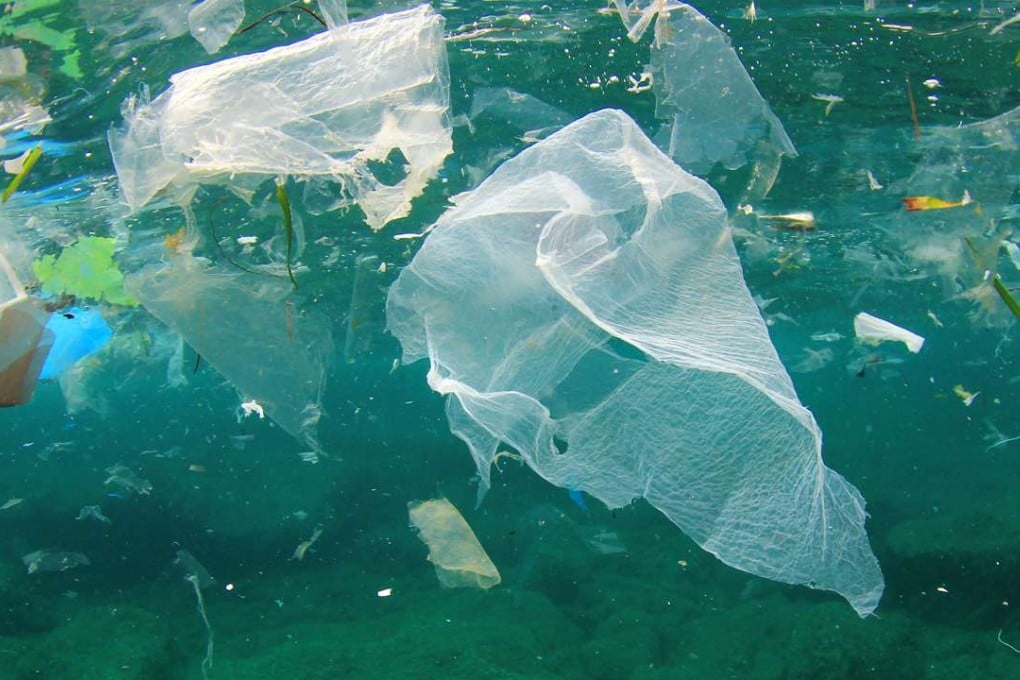Royal Hong Kong Yacht Club to stop selling drinks in plastic bottles
The move, and a ban on straws and plastic bags, is a reaction to the volume of plastic debris floating in seas around the city and the fact recycling in Hong Kong ‘is effectively non-existent’

Its members disgusted by the sight of plastic debris seen floating in the city’s waters, the Royal Hong Kong Yacht Club says it will stop selling drinks in disposable plastic bottles and providing members with plastic bags and straws.
The club will launch the initiative on June 8 to mark World Oceans Day.
“Reducing the amount of waste being dumped into our oceans is one of the challenges of our time,” says Anthony Day, rear commodore, sailing, of the club, whose headquarters is at the former Kellett Island in Causeway Bay. “Here in Hong Kong, where recycling is effectively non-existent, it’s impossible to sail far without being struck by the amount of plastic that finds its way into our waters and onto our beaches.”

Earlier this year, research cited by the journal Science estimated that in 2010 alone, 275 million tonnes of land-based plastic waste found its way into the oceans from 192 countries, the largest number of them in Asia. Researchers came up with the figure by linking global data on solid waste, population density and economic status.